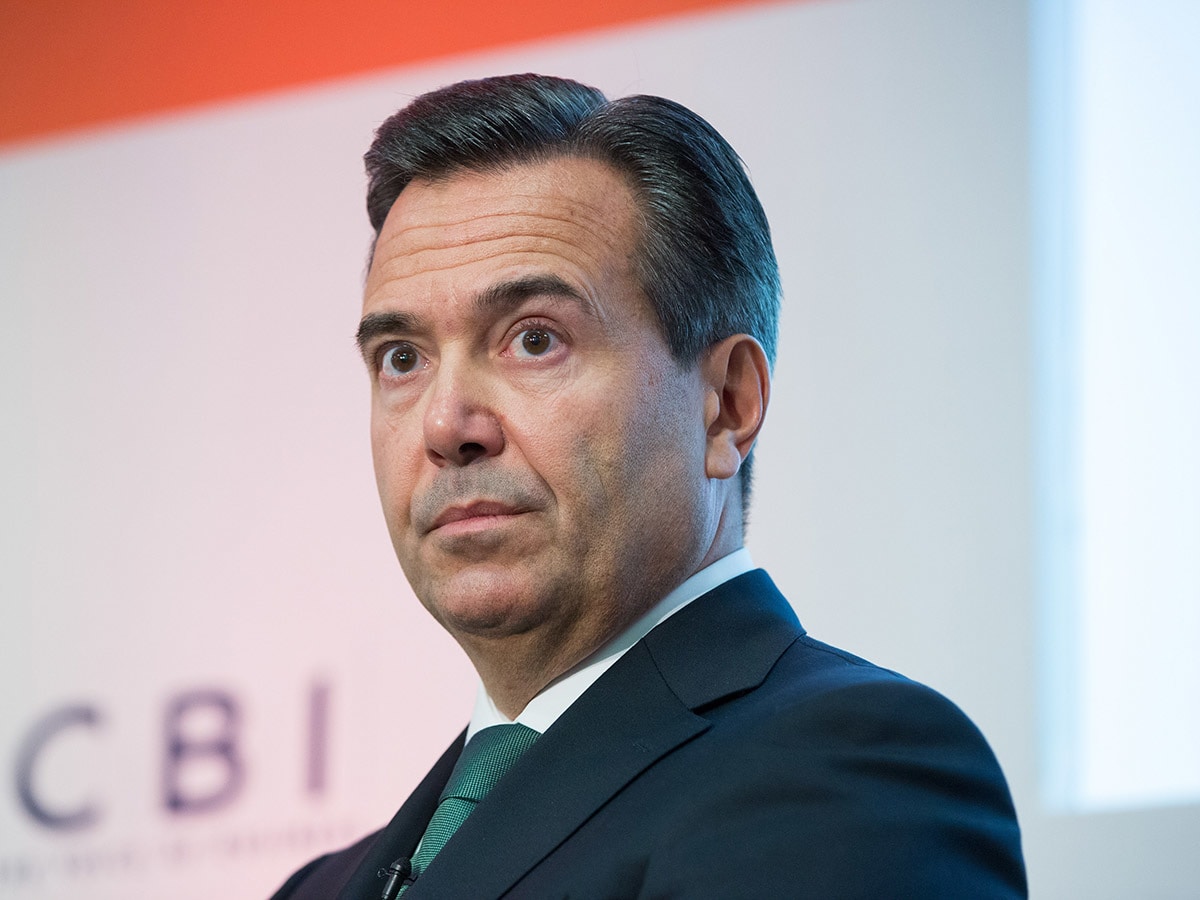In the past five years, Lloyds' [LLOY] share price has experienced two unprecedented events: Brexit and the coronavirus pandemic. While both events triggered steep sell-offs for the bank’s shares, Lloyds has really been trading at a depressed rate since the 2008 financial crisis. It has yet to fully recover from its drop from 2008’s year-high of 297p to just 84p.
That said, the strength of the underlying business means Lloyds’ share price could be a bargain — especially since it’s down circa 50% so far this year. Just how much of a bargain it is depends on macroeconomic issues out of Lloyds’ control, but if these turn out to be short-term obstacles, now could be the time to buy for long-term investors.
So, what could prompt growth for Lloyds’ share price in the coming years?
Growth drivers for Lloyds’ share price over the next five years
A short, sharp recovery
Lloyds’ share price has had a lot to contend with already this year. In Q1 results, the bank saw a huge 95% wiped off its pre-tax profits, which came in at £74 million. Net interest income slipped by 4% to £2.95 billion, while the net interest margin rate dropped from 2.91% to 2.79%. The cut in interest revenue can be attributed to the Bank of England slashing its own interest rates. Lloyds also had to put aside £1.43 billion to cover any potential bad business loans or mortgage defaults.
CEO António Horta-Osório’s outlook was far from encouraging in a statement given alongside Lloyds’ Q1 results. “The economic outlook is clearly challenging with the longer-term outcome dependent on the severity and length of the pandemic and the mitigating impact of Government and other measures in the UK and across the world.”
Boris Johnson’s £5 billion recovery plan to soften the "economic aftershock" will have a notable bearing on Lloyds’ share price. Lloyds' own base economic recovery scenario sees UK GDP contracting 5% this year, before rebounding 3% in 2021, and a further 3.5% in 2022.
“The economic outlook is clearly challenging with the longer-term outcome dependent on the severity and length of the pandemic and the mitigating impact of Government and other measures in the UK and across the world” - CEO António Horta-Osório
A Brexit Resolution
In the face of Brexit, Lloyds’ share price dropped from 72.15p on 23 June 2016, to 55.17p following the outcome of the referendum. For most of 2016, the share price traded in a narrow range of 50p to 60p, before returning to the 70p level in early May 2017.
Brexit uncertainty continued to cause fluctuations in Lloyds’ share price last year. While the political issue is far from fully resolved, Lloyds’ has proven that it can bounce back from significant market disruption. If UK diplomats are able to see eye-to-eye with their EU counterparts this year, some of the uncertainty that currently dogs Lloyds’ share price could be alleviated.
An undervalued business
With all the talk of Brexit and the coronavirus taking centre stage, the integral strength of Lloyds’ business can get lost in the background. The bank carries a book value per share of 0.69. This means that Lloyds’ share price reflects just over half of the actual value of the underlying business. Writing on the Motley Fool, Jonathan Smith suggests that, should the value move to 1 — that is, if the share price better reflects the underlying business — the price could rocket to 69p a share, a 121% upside based on Lloyds’ share price through 30 June’s close.
Avoiding any unexpected charges
The last-minute rush on PPI claims all but wiped out Lloyds’ profits last year. Since the deadline for new claims was August 2019, PPI payments shouldn’t weigh on Lloyds’ profitability this year. The bank will need to make sure it doesn't leak any more money from other parts of the business, though, if Lloyds’ share price is going to recover. In June, it was ordered to pay £64m for its handling of mortgage arrears. With profits likely to be slim for some time to come, Lloyds can't afford any more of these preventable pay outs.
£64million
Amount Lloyds had to pay for its handling of mortgage arrears
So, time to buy Lloyds?
Given that the UK economy is possibly heading for the deepest recession in history, Lloyds’ share price could be in for some near-term volatility. Dire economic data, including reports that 40% of furloughed workers could be laid off in September, is a stark reminder of the current climate. If Lloyds is able to weather this incoming storm, though, it may well emerge in a much stronger position, especially if it is unencumbered by Brexit headwinds.
Over the next 12 months, analysts have pinned an average price target of 40p on Lloyds’ share price, according to the Financial Times. Hitting this would see a 28% upside based on its price as of 30 June’s close. Of the 23 analysts tracking the stock on the FT, 14 rate it either a Buy or Outperform — none currently rate it a Sell.
Disclaimer Past performance is not a reliable indicator of future results.
CMC Markets is an execution-only service provider. The material (whether or not it states any opinions) is for general information purposes only, and does not take into account your personal circumstances or objectives. Nothing in this material is (or should be considered to be) financial, investment or other advice on which reliance should be placed. No opinion given in the material constitutes a recommendation by CMC Markets or the author that any particular investment, security, transaction or investment strategy is suitable for any specific person.
The material has not been prepared in accordance with legal requirements designed to promote the independence of investment research. Although we are not specifically prevented from dealing before providing this material, we do not seek to take advantage of the material prior to its dissemination.
CMC Markets does not endorse or offer opinion on the trading strategies used by the author. Their trading strategies do not guarantee any return and CMC Markets shall not be held responsible for any loss that you may incur, either directly or indirectly, arising from any investment based on any information contained herein.
*Tax treatment depends on individual circumstances and can change or may differ in a jurisdiction other than the UK.
Continue reading for FREE
- Includes free newsletter updates, unsubscribe anytime. Privacy policy





